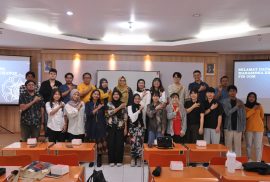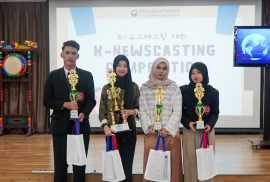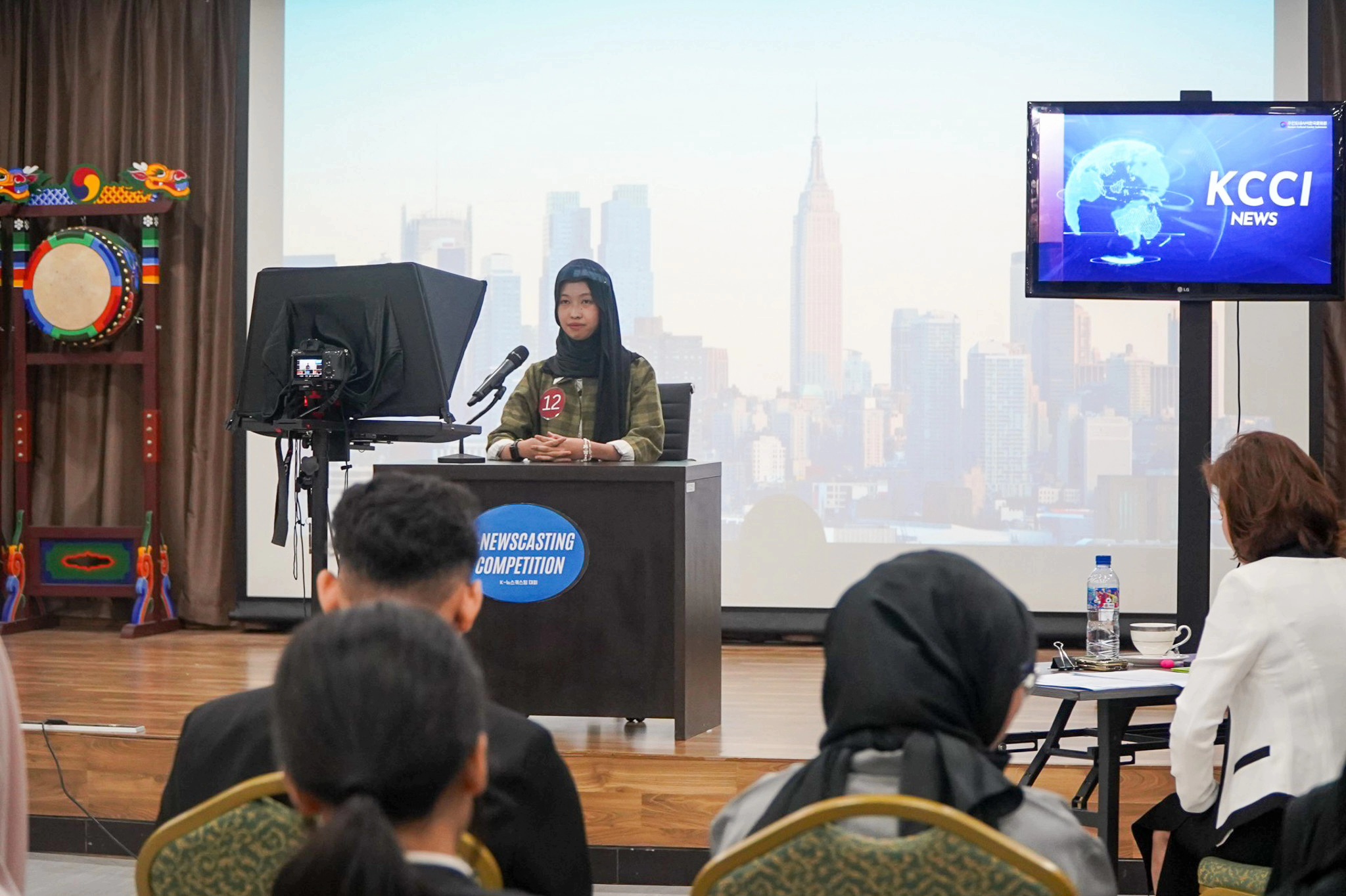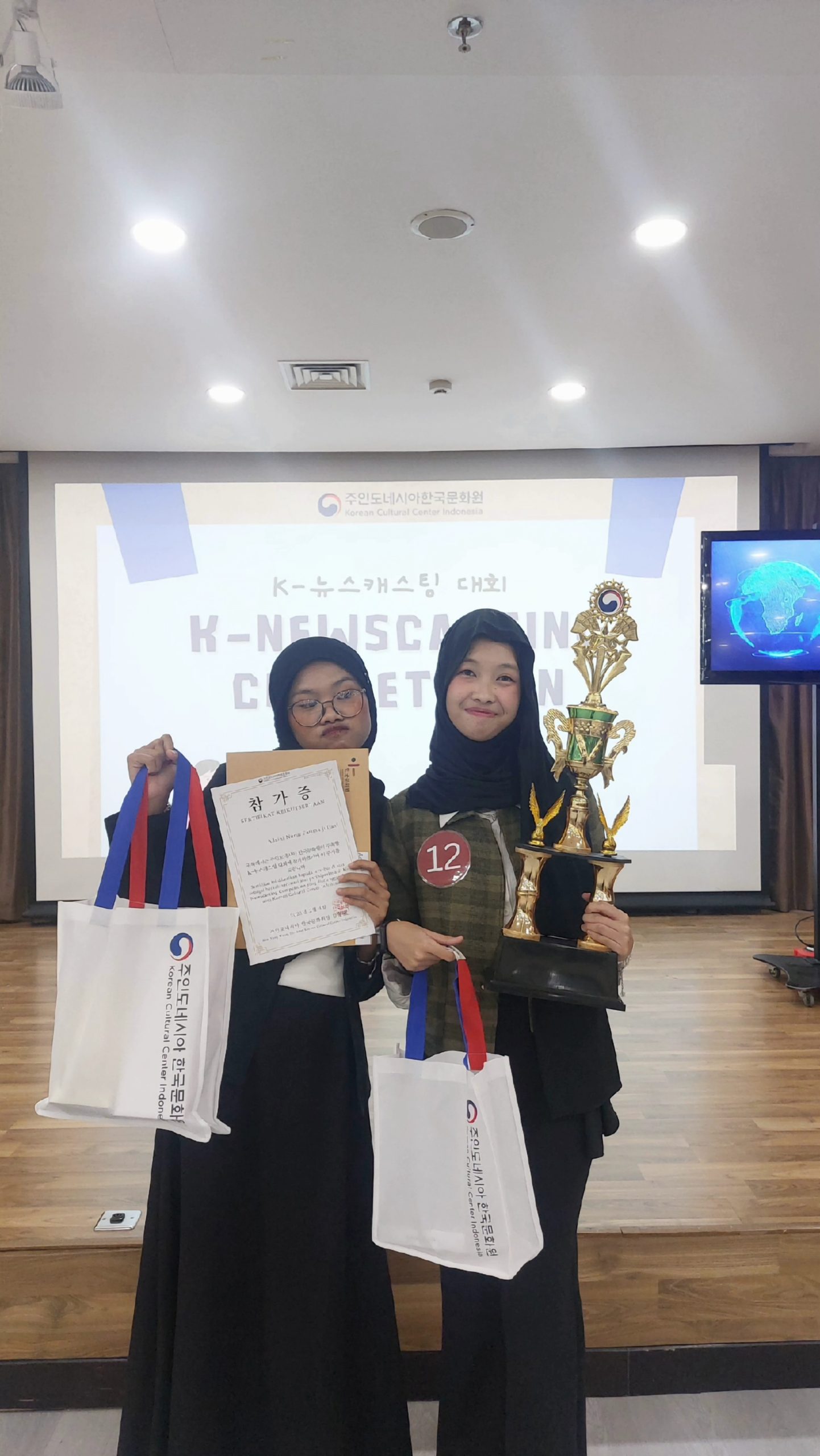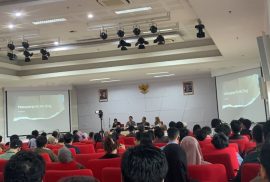Yogyakarta, 14/2/25 – In order to assist exchange students regarding their study plans at the Faculty of Cultural Sciences, Universitas Gadjah Mada, the Public Relations and Cooperation Unit together with the Academic Faculty of Cultural Sciences, Universitas Gadjah Mada held a Coordination Meeting for Exchange Student Study Plans in the Multimedia Room of the Margono Building on Friday, February 14, 2025 which was attended by Pertukaran Mahasiswa Merdeka Participants of the FIB Dean Consortium throughout Indonesia and Abroad.
This activity began with remarks from the Deputy Dean for Academic and Student Affairs, Dr. Nur Saktiningrum, S.S., M.Hum. who conveyed warm greetings to the students present and also ensured that each student no longer had obstacles to their study plans at the Faculty of Cultural Sciences, Universitas Gadjah Mada in this semester. In addition, Mrs. Ningrum also conveyed the various activities that can be participated in by exchange students, such as traditional dance, gamelan, batik, and many more which are coordinated in the Semi-Autonomous Student Organizations of the Faculty of Cultural Sciences, Universitas Gadjah Mada.
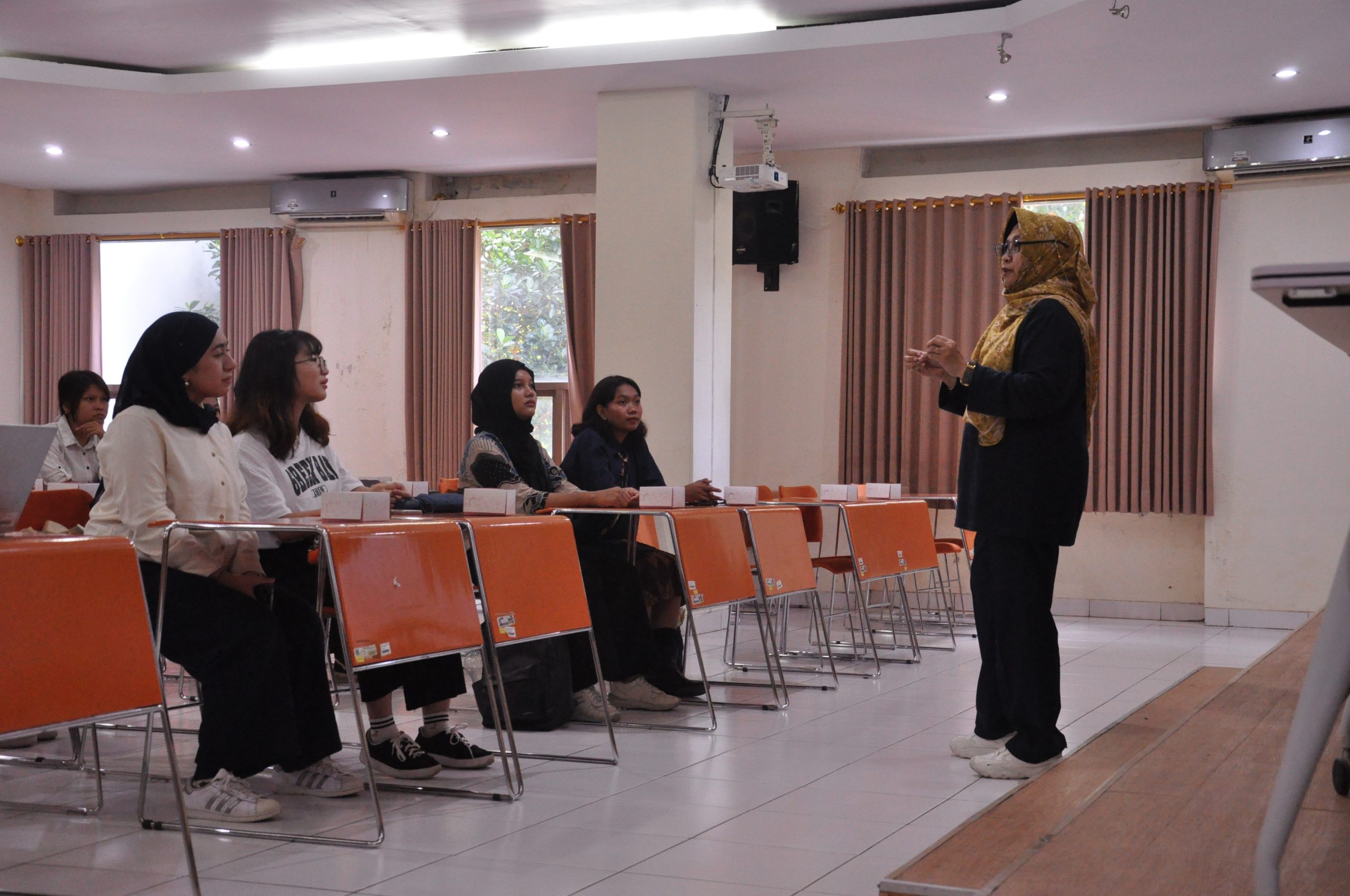
After discussing student activities, the session continued with a presentation on course selection procedures by the Academic Team of the Faculty of Cultural Sciences, Universitas Gadjah Mada. The session was conducted with the involvement of one of the student exchange participants from Japan, Takeru Homma, who was willing to volunteer in the practice of course selection.
In addition to listening to the explanation from the Academic Team of the Faculty of Cultural Sciences, all students who attended also seemed enthusiastic to build networks among each other with small talk about their origin and views on UGM and Yogyakarta. Hopefully, the Coordination Meeting of the Exchange Student Study Plan will be a positive step in strengthening the relationship between students and faculty, as well as opening opportunities for them to get to know more about the culture and student activities at the Faculty of Cultural Sciences, Universitas Gadjah Mada.
[Public Relation of Faculty of Cultural Sciences, Muhammad Ebid El Hakim]

